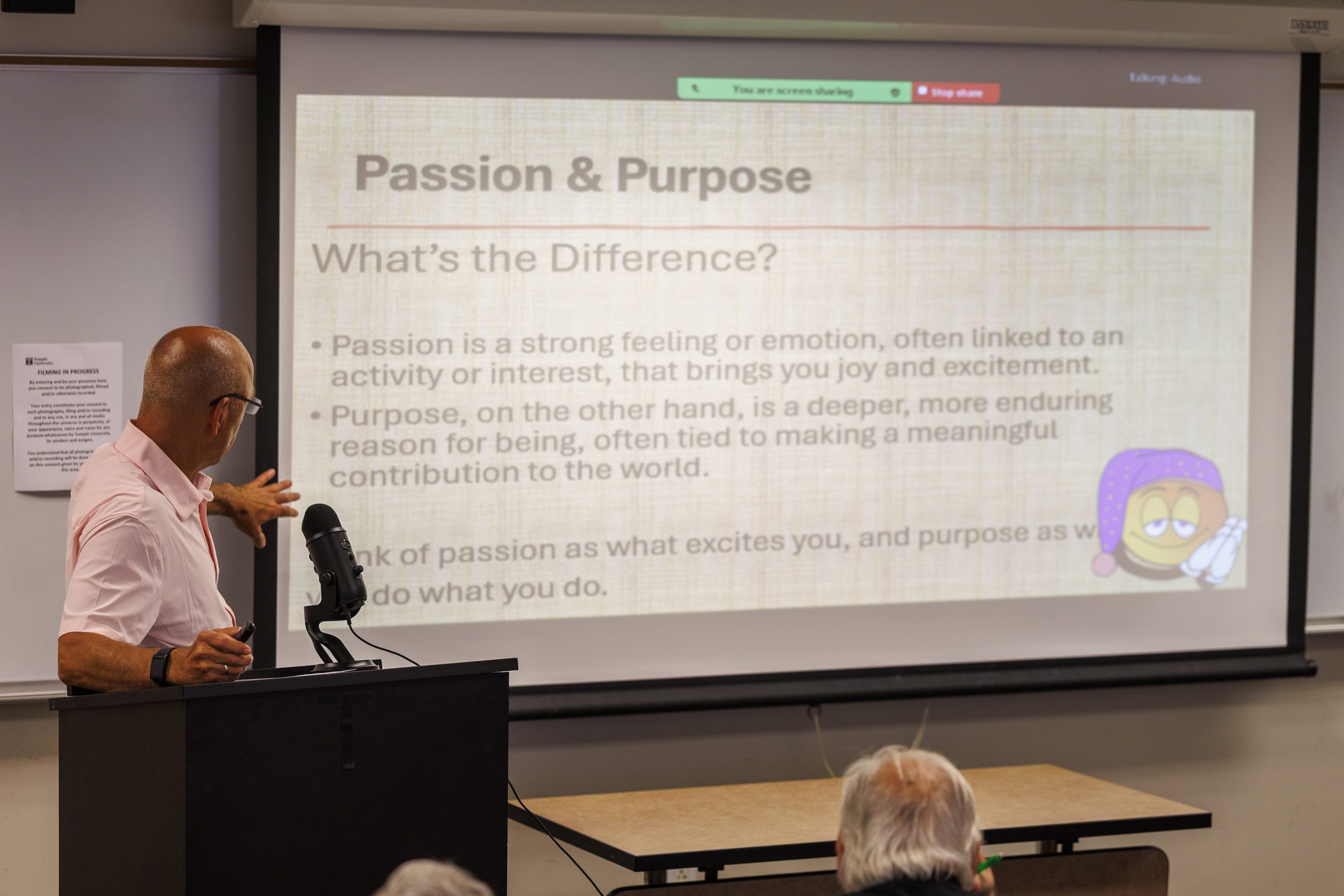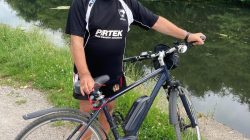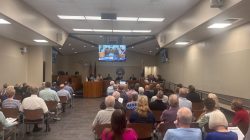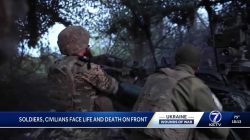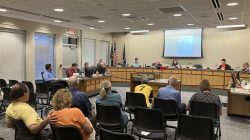The Power of Passion and Purpose in Lifelong Learning
On a recent afternoon at Temple University’s Center City campus, the lecture focused on the significance of passion and purpose in leading a fulfilling and healthy life. Instructor Adam Brunner, 66, emphasized that even if someone had only one day or one week left, it would be better spent doing what they are passionate about and with a sense of purpose.
For many of his students, who are mostly in their 60s and 70s, the pursuit of knowledge is a central part of their lives. They are enrolled in Brunner’s class titled “Let’s Live as Long and Healthy As Possible,” which is part of Temple’s Osher Lifelong Learning Institute. This program requires participants to be at least 50 years old, and this year marks its 50th anniversary at Temple.
The classes are not for credit, and there are no exams or final papers. The cost is significantly lower than traditional college tuition, with an annual fee of $290 for unlimited access. There are also more affordable options for enrolling in specific semesters.
Phyllis Sledge, a retired public assistance caseworker from Philadelphia, said, “You’re never too old to learn, and you learn something new every day.” Sylvia Williams, another student, shared similar sentiments, explaining that she needed structure after retiring and found it through the institute.
Teaching as a Fulfilling Pursuit
Many instructors in the program teach for free and find it just as rewarding as their previous careers. James Pagliaro, a 73-year-old former trial lawyer, now teaches art history classes. He has been a docent at the Philadelphia Museum of Art for 25 years and earned a master’s degree in art history from Oxford University. His classes attract up to 90 online students and 20-25 in person.
Nancy McDonald, a 72-year-old adjunct professor, took one of Pagliaro’s classes and found it enriching. She also teaches IT courses at the institute and values the opportunity to learn in areas she knows or explore new topics.
Lynn Marks, a 76-year-old retired public interest lawyer, has taught a popular class called “Hot Topics in Justice and Law” since 2017. Her class draws around 300 students each semester and was co-taught by Phyllis W. Beck, who passed away in March at age 97. Marks plans to continue teaching the course on her own.
A Nationwide Network of Lifelong Learning
Temple’s Osher program is part of a nationwide network that includes other institutions such as Pennsylvania State University, the University of Delaware, and Rutgers University. These programs offer a wide range of courses and have significant participation numbers. At Penn State, nearly 2,000 students take classes across multiple sites, while Rutgers serves over 1,600 students.
At Temple, more than 1,000 students participate annually, though numbers dropped during the pandemic when classes moved online. Some have returned to in-person sessions, but others prefer virtual learning. Brunner is exploring new methods to boost engagement, including streaming instructors from home into classrooms.
Social and Educational Opportunities
Beyond classes, the institute offers social and educational opportunities. Members can start and lead “shared interest” groups, fostering community and connection. Instructors must submit proposals and resumes to a curriculum committee, which evaluates their knowledge and ability to manage a group of learners. While teaching experience or a college degree is helpful, it is not required.
Brunner noted that older students often engage more actively than younger ones, drawing from their life experiences. About 20 students attended his class in person, with more joining virtually, including a group from a senior living community.
A Life Preserver for Seniors
J.J. Broderick, a 70-year-old retired real estate attorney, found the institute to be a life preserver after being diagnosed with primary progressive aphasia. His wife, Colleen, encouraged him to join the classes, and he has attended every week since last fall. Despite his condition, he continues to engage with the material and finds value in the community.
Brunner discussed research showing the physical and mental benefits of pursuing passion-driven activities and knowing one’s purpose. Even those who are bedridden can lead a meaningful life by focusing on small acts of kindness and connection.
For many, the Osher Lifelong Learning Institute is more than just a place to learn—it is a vital part of their lives, offering education, socialization, and a sense of purpose.

